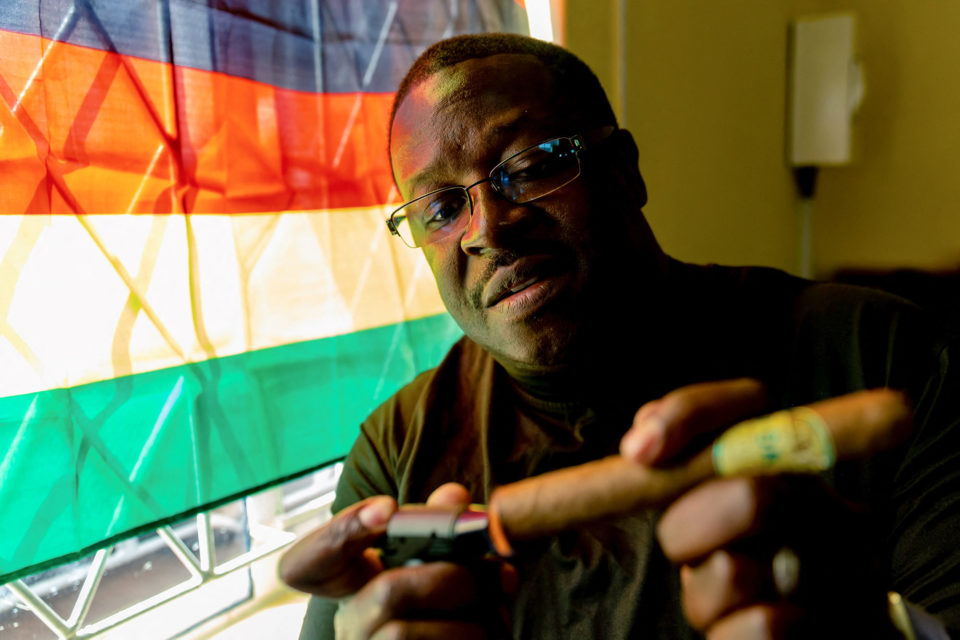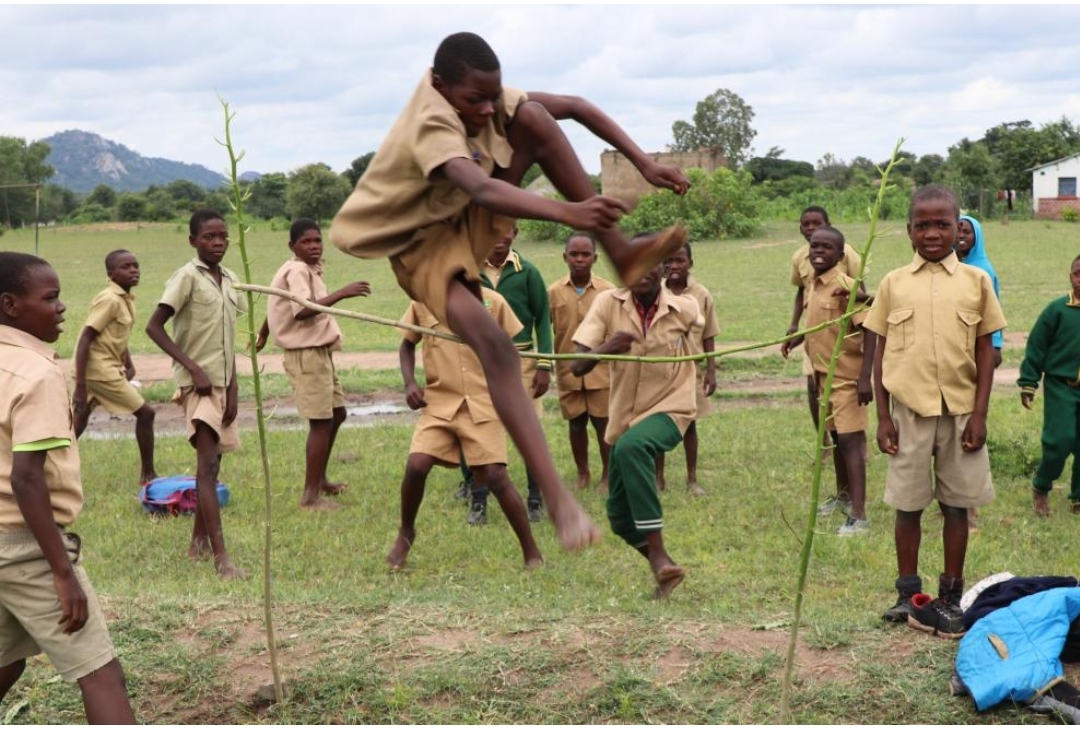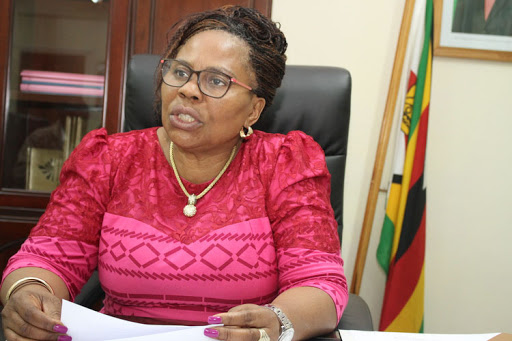BY PERCY ZVOMUYA
When the idea of setting up Zimbabwe’s first cigar-manufacturing factory occurred to Shepherd Mafundikwa, he was working in project management at Delta Airlines in the United States of America.
“I have to go home and do something,” he told himself. “Try and create something unique.”
As Mafundikwa plotted his return from Atlanta, Georgia, where he had lived with his family since the mid-2000s, at the back of his mind might have been the mysterious fate of his paternal grandfather.
The patriarch left his wife, then pregnant with Mafundikwa’s father, to work in South Africa’s mines around 1927 and never returned.
“There has always been this discussion in the family: What happened to him?
Did he make it across the Limpopo River? Did he get to the mines and just forgot and said, ‘I am not going back.’?”
We probably have family in South Africa that we don’t know about,” Mafundikwa said.
The story of his grandfather aside, Mafundikwa had many other motivations to return.
It is being tired of the routine of corporate life, for example – “I had had enough of 9-5 in corporate America,” as he said – or a desire to do what his grandfather could never do: return to his native land.
It is not merely a sentimental return, of course.
It is a trek back home that makes business sense too, for tobacco is – and has been – a big deal in Zimbabwe and its predecessor, Southern Rhodesia.
How it all began
When rumours of a gold reef in Southern Rhodesia extensive enough to rival that of the Witwatersrand proved chimerical, the British settlers who went to present-day Zimbabwe as part of Cecil John Rhodes’ Pioneer Column turned to farming.
In the 1894-5 season, a certain Mr L Cripps harvested 25kg of flue-cured Virginia tobacco in the eastern town of Umtali (now Mutare).
This proved to be the first commercial harvest of this kind. A decade later, the British South Africa Company sent one George Odlum to the United States “to study all aspects of tobacco production”.
When Odlum came back, he had become a tobacco expert, and was duly tasked with giving white farmers knowledge in the growing and sorting of the crop.
In the decades which followed, so prized did tobacco farming become that when World War II broke out and some farmers volunteered to join the war effort, they were told: “No, you can’t. Go straight to your farm!”
In 1946, for the first time in the history of the colony, tobacco overtook gold as the country’s top export, earning itself the moniker “golden leaf”. It is how the crop is traditionally referred to in Zimbabwe today.
Yet, like gold, most of the crop was exported raw (or later as cigarettes) to Europe, China and elsewhere – a trend which continued into independence, in 1980, and beyond.
It is exactly this sort of thing that the Martinican theorist Frantz Fanon decried in the essay Pitfalls of National Consciousness, from his book The Wretched of the Earth.
“The national economy of the period of independence is not set on a new footing.
It is still concerned with the ground-nut harvest, with the cocoa crop and the olive yield.
In the same way there is no change in the marketing of basic products, and not a single industry is set up in the country.
We go on sending out raw materials; we go on being Europe’s small farmers who specialise in unfinished products,” Fanon wrote.
Zimbabwe’s status as a major exporter of unprocessed tobacco – or cigarettes, most of them smuggled into neighbouring countries by the country’s tobacco barons – continued until Mafundikwa came along to set up Mosi Oa Tunya Cigars.
Mosi oa tunya (the smoke that thunders) is the Tonga name for the Victoria Falls.
“I think Zimbabwe is known as a tobacco-growing country, and I think we rank about 6th in the world.
“I found an opportunity to do some value addition to the tobacco that’s produced here. No one had ever thought of doing cigars in this country and it was like an opportunity,” said Mafundikwa.
This is surprising because Burma Valley, a low-lying area in eastern Zimbabwe, produces fine tobacco.
But this tobacco is harvested, cured and then exported to a cigar-making factory owned by Germans in the Dominican Republic.
Cigar making, to be sure, has been done in Southern Rhodesia before. One of the big western tobacco firms manufactured cigars, by machine, in the 1950s and stopped after a while.
What distinguishes Mafundikwa’s initiative is that it is the first time hand-rolled cigars have been made in Zimbabwe.
There is a difference between machine and hand-rolled cigars – and aficionados prefer the latter. After all, hand rolling cigars is considered by some to be an art.
Ongoing work, vision and challenges
In the Mosi Oa Tunya factory in Harare’s Graniteside Industrial Area, the rolling of the cigars and cigarillos (smaller, thinner and cheaper versions) is done by a team of women.
“We took a conscious decision to create this as a women-empowerment project,” explained Mafundikwa.
“We have managed to equip our ladies here with cigar-rolling skills which they never dreamt one day of having.”
On a recent visit to the factory, 10 women were hard at work in the small factory – a replica, Mafundikwa pointed out, of its Cuban or Dominican prototype.
When he was building the workspace, he brought in a Cuban couple to help with the architecture, the setting up of equipment, training in rolling and other parts of the process.
And when that couple had to return home midway for personal reasons, Mafundikwa brought in an expert from the Dominican Republic.
The learning process is not a once-off event. It is ongoing.
He wants to bring in another expert to help with the blending and quality control, for about three years, “so that we are confident and competent enough to roll a world-class cigar that when it goes out there you know this is a Mosi.
” Mosi Oa Tunya is only the third cigar-making factory on the continent. The other two are in Mozambique and Morocco.
Even though he brought in experts from Cuba and the Dominican Republic, he is adamant that what his factory makes and will continue making is an African cigar.
“We are not worried about those who come in and say this is not a Cuban cigar.
“I never want[ed] to make a Cuban cigar.
“This is why we want to get a wrapper here and make it 100% Zimbabwean,” said Mafundikwa.
A cigar comprises the wrapper, the specially produced leaf that enfolds the chopped tobacco leaves and fillers.
The tobacco used in the cigars – air-cured tobacco grown in Banket, northwest of Harare – is sourced locally.
But the wrapper has to be imported.
The best wrappers are made in the Caribbean, Cameroon and Central America, in a fermentation process that can take up to a year.
As can be expected for a business which started in May 2020, at the peak of the Covid-19 pandemic, there have been hiccups.
Last year, importing raw materials (or exporting the finished product) when the airline industry was largely grounded was onerous.
Despite the difficulties, he has been encouraged by the response from the market and will soldier on.
The enthusiasm his product has received in Zimbabwe and abroad must be the reason why other new players will enter the Zimbabwean cigar market before the end of the year.
For any niche market in the country, the cliché about London buses is true: you wait for hours for one to come and then two come along at once.
Despite the significant victories he has had, Mafundikwa could do with his government’s support. “African governments have to stop paying lip service to value addition… Here is a guy coming back, I don’t have trust funds behind me, I don’t have corporate backing,” he said.
“I am coming here as an individual with my little savings trying to answer exactly the calls from the government, that those in the diaspora come back.
“But you come here and it’s not made easy for you to set up and there is no support.
“You are hit by the same taxes that BAT [British American Tobacco] is charged.
“I am small but I am lumped together with the big tobacco companies. [Yet] we are in different leagues.”
He who returned
In Shona folklore, travellers were usually classified into two categories. There was the figure referred to in the idiomatic expression, kuswera kuenda mukwasha wezuva (the one who is never still is like the son-in-law of the sun).
“This usually referred to the village drunkard, always on the move, looking for the beer party, as if trailing the movement of the sun.
“Then there was the much-mythologised traveller who goes away to marimuka (far-off lands) to work on the mines and farms and who, on returning, brings back objects of value: cloths, beads, even knowledge.
When this person came back, they often got the name of the place of their sojourn.
Mukepi was sometimes the name of the returnee from the Cape Colony, Mujubheki was the revenant from Johannesburg and Mzambiya was the one who had lived and worked on the copper mines of Zambia.
In the old days, they would probably have found a moniker for Mafundikwa.
He might have become Mukubha – the one who brought cigars from Cuba. – New Frame


 Slider1 year ago
Slider1 year ago
 News1 year ago
News1 year ago
 Tourism and Environment2 years ago
Tourism and Environment2 years ago
 News3 years ago
News3 years ago
 News2 years ago
News2 years ago
 News2 years ago
News2 years ago
 News1 year ago
News1 year ago
 News1 year ago
News1 year ago

